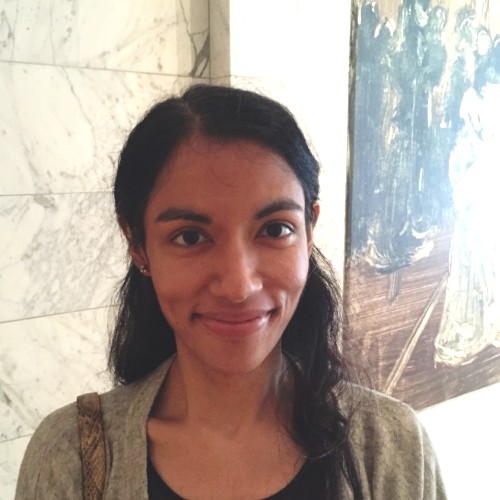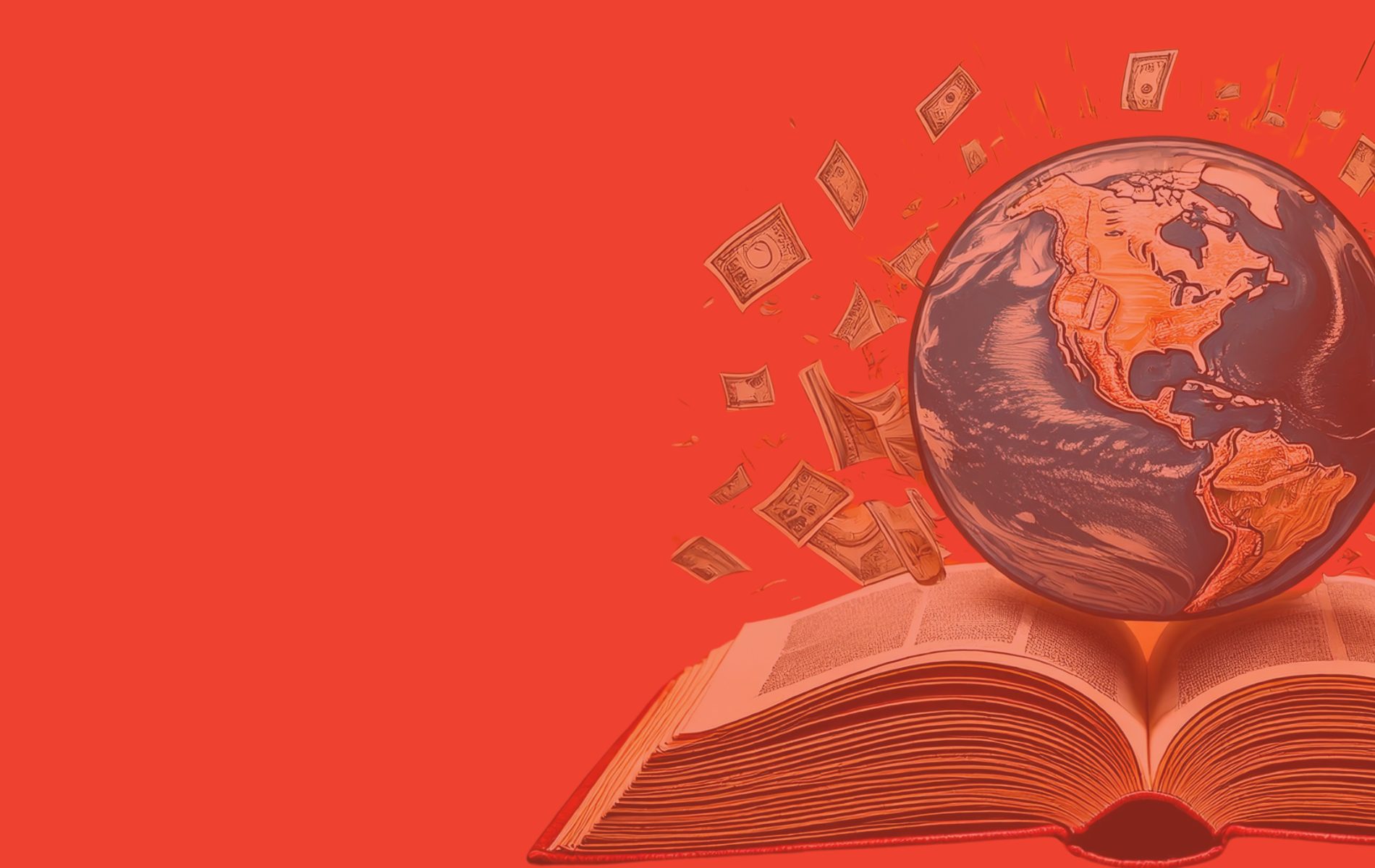From Velcro to the iPod, companies have leveraged creativity to innovate and reshape entire industries. But what we think of as “creative” only earns accolades up to a certain point. At least, that’s what Mitali Banerjee discovered when she used an algorithm to measure creativity in modern paintings. She’s an assistant professor in strategy and organization at the Desautels Faculty of Management.
Subscribe:
Banerjee’s algorithm extracted the features of each painting and recreated them digitally, turning their artistic attributes into quantitative data. This allowed her to compare an artist’s work quickly and objectively against their peers’, as well as against their own earlier creations.
Banerjee then plotted this data based on similarity and the success of the artist. If an artist’s painting was radically different from their peers or their own, were they rewarded for it?
“Peers have a desire to act as a kind of cartel,” said Banerjee on the Delve podcast. “They exert a pressure of conformity – they want others to be like them.”
In this context, it’s hard for a trailblazer to find success. Their ideas are met with disapproval, and they lose important opportunities to advance their careers. But this phenomenon affects some individuals more than others. People with low status among their peers have more leeway to experiment with new ideas – they don’t have much to lose by way of peer recognition or career opportunities.
Artists in the middle, however, have more significant constraints.
“People who are in the middle have more to lose, and are going to benefit more from conforming,” said Banerjee.
These artists are talented but can’t afford to take risks. A strong community of peers can help land gallery showings and sales. Losing their approval could have significant impacts on an artist’s livelihood and career prospects.
Artists with the highest status among their peers are a bit more complicated, said Banerjee. On one level, they have less pressure to conform than a more “average” individual. Their leadership status means it’s harder for others to sanction them – the success of the Beatles hardly depends on what a local band thinks of them.
Instead, high-status actors experience pressure from the demand side, said Banerjee. Someone who commissioned a painting from a renowned artist might tolerate some creative deviance. But if the work strays too far from pieces by other artists of a similar stature, the investor might become nervous.
While Banerjee’s research focuses on paintings, her results could map out similarly for companies. Let’s look at a leader in enterprise software: Microsoft Excel.
Excel is an almost ubiquitous spreadsheet editor, which gives Microsoft high status in the world of productivity software. But Excel’s popularity could, as Banerjee’s research suggests, prevent Microsoft from truly innovating the product. Long-time consumers of Excel, many of whom are expert spreadsheet managers, may be reluctant to learn a radically different software. Any new version of Excel must also support file types from its predecessors, so no one loses access to their important data. Plus, consumers might turn to competitors with similar products (e.g. Google Sheets or OpenOffice) if Microsoft stops providing the best productivity tools for their use case. These factors could easily prevent Microsoft from radically changing Excel in the name of creativity and innovation.
Indeed, peer and market pressure makes true creativity difficult, explained Banerjee. But that doesn’t change the value of creating.
“The substance of the work you produce really matters,” she said. Even if you’re iterating on previous ideas, you can find success if you do it better than anyone else.
Subscribe to the Delve podcast for Professor Banerjee’s full interview.
This article is written by Eric Dicaire. This episode of the Delve podcast was hosted by Saku Mantere and mixed by Eric Dicaire. Original music by Saku Mantere.
Delve is the official thought leadership platform of McGill University’s Desautels Faculty of Management. Subscribe to the Delve podcast on all major podcast platforms, including Apple podcasts and Spotify, and follow Delve on LinkedIn, Facebook, Twitter, Instagram, and YouTube.












